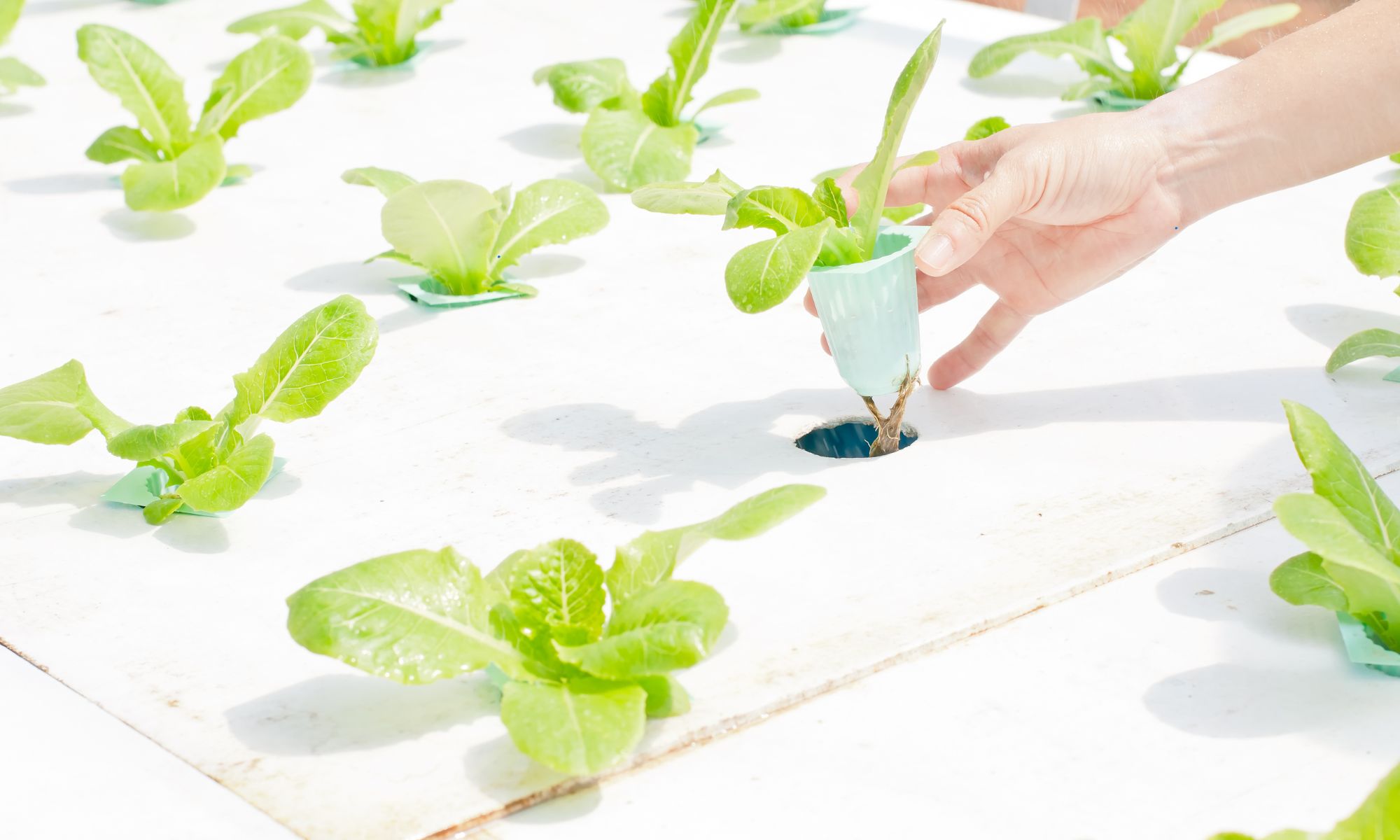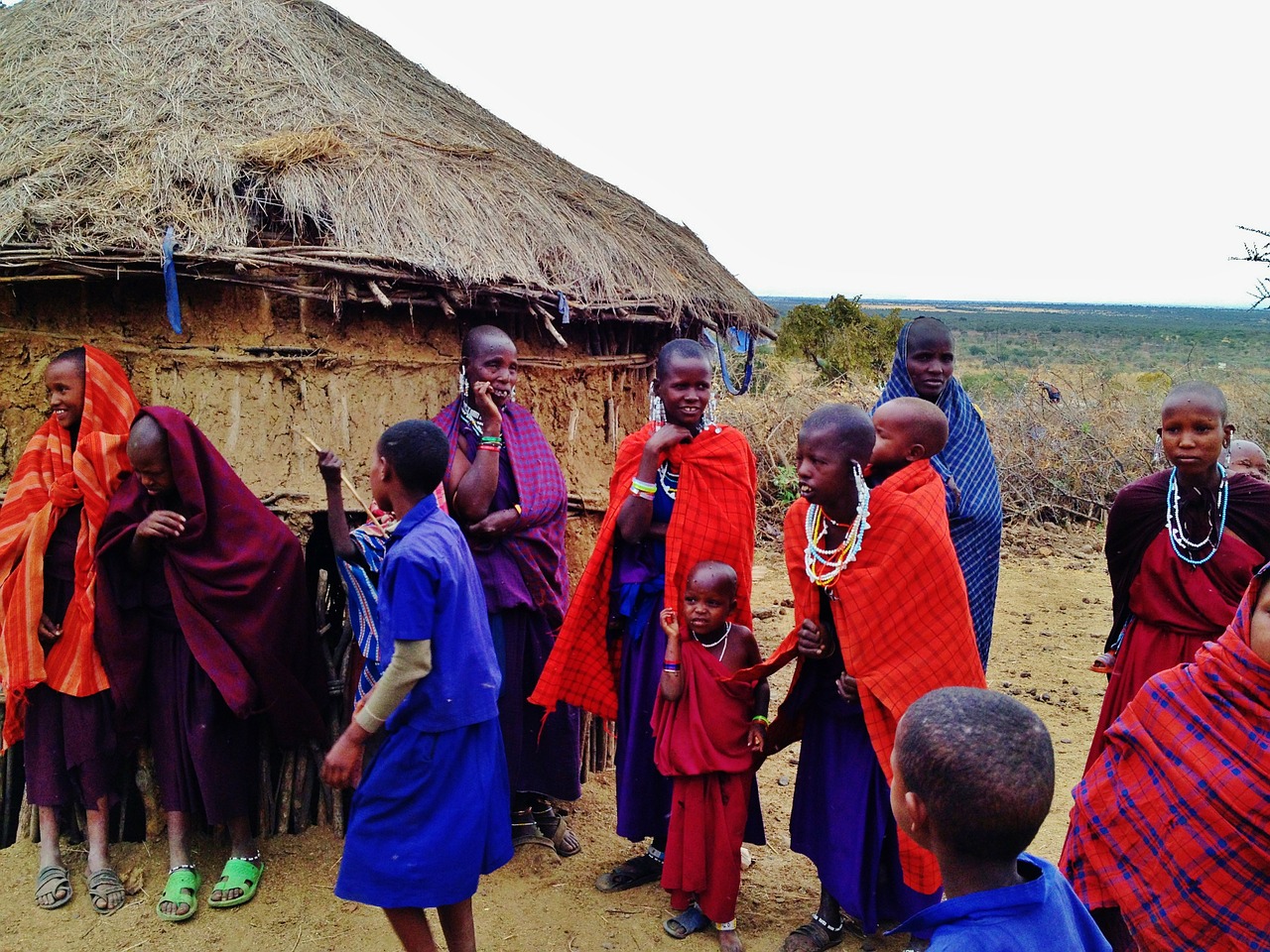If I asked you to use one word, how would you define yourself to others? Are you a Canadian, an American, a Maritimer or a Californian?
Perhaps you’re of First Nations heritage and you recognise your tribe as being the group that you most associate with your identity. Maybe your first response would be Catholic, Muslim or Rastafarian. Or maybe your response would be brother, wife or husband of…
This article is taken from a collection of weekly stories that I posted to friends, family, and those who became interested through word of mouth about my year in Tanzania (2008) as a volunteer teacher in a Maasai village.
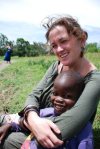 I know that the answer to this question depends on the context that we are in. If I’m in Canada and asked that question I might say that I’m a Maritimer. When abroad, I’m proudly Canadian. If you’re a mother, perhaps you tend to select that identity above all others, regardless of where you find yourself geographically. Here in Tanzania, one of the first questions asked by my new African friends is “Are you married?” or “Do you have children?” – as it is motherhood and marriage that most define your role in society. They have difficulty accepting when I answer “bado” (not yet) in Swahili, as traveling the world and volunteering are not high on their priority list!
I know that the answer to this question depends on the context that we are in. If I’m in Canada and asked that question I might say that I’m a Maritimer. When abroad, I’m proudly Canadian. If you’re a mother, perhaps you tend to select that identity above all others, regardless of where you find yourself geographically. Here in Tanzania, one of the first questions asked by my new African friends is “Are you married?” or “Do you have children?” – as it is motherhood and marriage that most define your role in society. They have difficulty accepting when I answer “bado” (not yet) in Swahili, as traveling the world and volunteering are not high on their priority list!
I am finding that my perceptions of people from other cultures have changed drastically…in a good way. I have always been fascinated by the differences that separated me from people of distant lands, but I have now become much more conscious and appreciative of the threads that weave us together. The women passing me on the street covered head to toe in traditional burkas, the amputee begging on the side of the road, the Maasai women with shaved heads, elaborate dresses, and their babies strapped to their backs don’t feel nearly as different from me as they once did.
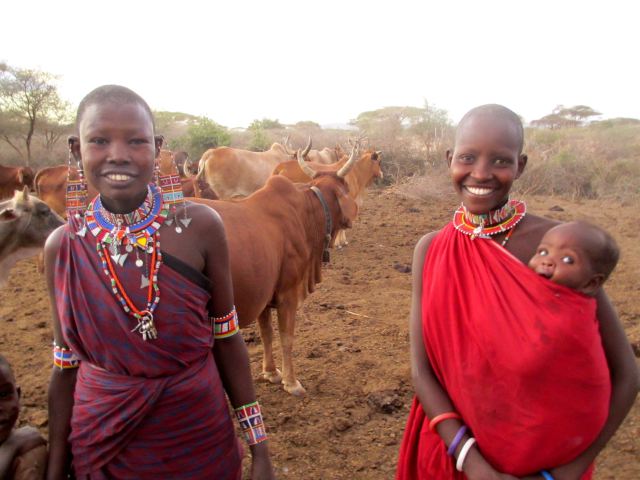
I have friends from all over the world here and yet as we sit together sharing stories and experiences it’s easy to forget that we represent so many different nations. Other than a few slight differences in accent, our stories are similar. I believe that the eloquent words of Michelle Obama put it best when she described the achievements of Oprah Winfrey:
“There is more that unites us than divides us – that our shared experiences in work, life and love, in family and community, in our hopes and dreams know no barriers; that regardless of race, gender or socio-economic status or hometown, we are our brothers’ keepers, our sisters’ keepers.”
Now more than ever, I see myself as a citizen of this amazing planet and seem to have abandoned my preoccupations with identity.
Time continues to be my enemy at the moment as I wrestle to hang on to my time here. I am in my last month as a resident of Maasailand… as a teacher at Ilkurot Primary. That nasty lump reappears in my throat even as I write these words. I know now that my work here is not yet over and that my life now will involve some delicate balance between Canada and East Africa.
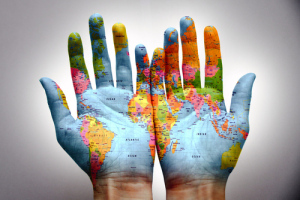 I have decided to combine forces with my dear friend Lisa to form a Non-Governmental Agency (NGO). We share a passion for education; improving the system here, educating those who otherwise wouldn’t have the opportunity, and building bridges of sharing between Tanzania and the communities that we have called home. During the planning stages of a long-term project such as this, it’s essential to focus on what it is that you hope to achieve.
I have decided to combine forces with my dear friend Lisa to form a Non-Governmental Agency (NGO). We share a passion for education; improving the system here, educating those who otherwise wouldn’t have the opportunity, and building bridges of sharing between Tanzania and the communities that we have called home. During the planning stages of a long-term project such as this, it’s essential to focus on what it is that you hope to achieve.
One can easily become overwhelmed by trying to help everyone in need here. Our goal, and the intention of any good grassroots NGO, is to start small – do a few things really well instead of doing many things poorly. It will be a lot of work but when the work is driven by passion, it becomes less and less like work and more and more your reason to get up in the morning. I embrace the new challenge with open arms!


